QuestionHi i hope you can help, my westie puppy is 22 weeks old, we have had her since she was nine weeks old. When we first got her i made sure that she was taken out on walks to ensure good socialization. When we go the park, where there is lots of kids on bikes in prams and running around making lots of noise and she doesn't bat and eye. However when she is in the garden at home or on a walks where we live, she will start to bark, growl and march toward kids if their making a lot of noise , same with kids on bike and mums with prams. I find this behavior embarrassing and inappropriate. I immediately tell her enough while taking her away. I know she wouldn't harm anyone, but other people don't. while on a walk recently she started growling and barking a a little boy out on his bike. This boy got a real fright, his mum was luckly very understanding saying he was very scared of dogs. How can i discourage this behavior. I feel that she is only doing this out of fear as when it is dark she is much worse. But don't understand why she never does this while in the park, she will happily let kids pet her and never growls at anyone.
AnswerThe restraint (being in the garden or on lead) might be playing a part in your dog's sudden growling toward people and things toward which she doesn't ordinarily offer this response. You may be inadvertently contributing to this with your response. Instead of telling her or removing her, go to the end of the leash (if you're outside with her on lead) and turn your back. Have someone with you at the time to observe her reaction to this. If she's loose in the garden and you're with her, hurry inside for a few seconds. Observe whether or not she changes her reaction. Owners, while trying to stop a behavior, often inadvertently reward it by giving the dog attention or touching the dog (touch is a primary reinforcer). If you, or your helper, observe that your puppy stops her response and looks around for YOU, then you are part of the problem. Stepping away, turning your back, even for a few seconds, should re-focus her on your unexpected response, which gives you time to offer her another choice of behavior. Go backward quickly with a smile and call her name playfully. When she comes to you, pet her and praise her lavishly, then remove her from the situation.
Meanwhile, learn about positive reinforcement training. Go to Karen Pryor's website and learn about how to use a clicker, then work with your pup in short sessions every day to establish ONE solid behavior, such as "sit". This gives her another option for performance, one which will earn her a reward and obviously please you. When in a situation where she is confused about her reaction (and that's what this is, a young adolescent dog not processing the information properly, which is normal), you can ask her to perform a behavior she has solidly learned. What will eventually happen is that she will begin to offer that behavior (such as a "sit") instead of her inappropriate barking/growling when a frustrating situation elicits her attention.

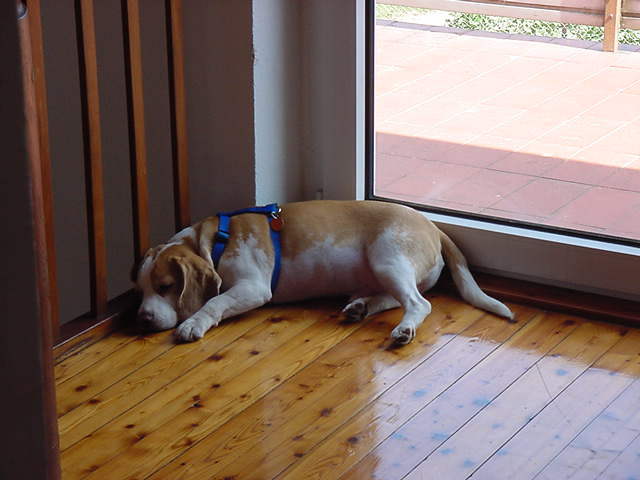 licking the floor not stop
QuestionGeorgie
QUESTION: Hi,
I have a 7 year ol
licking the floor not stop
QuestionGeorgie
QUESTION: Hi,
I have a 7 year ol
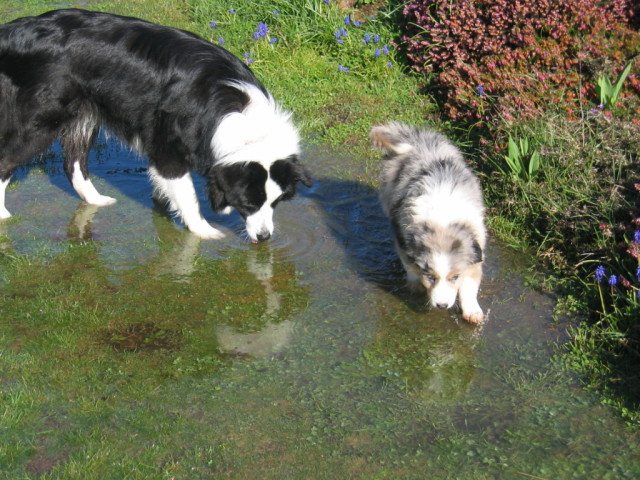 Dog in Heat?
QuestionLily and Jorge
QUESTION: Hello,
We have
Dog in Heat?
QuestionLily and Jorge
QUESTION: Hello,
We have
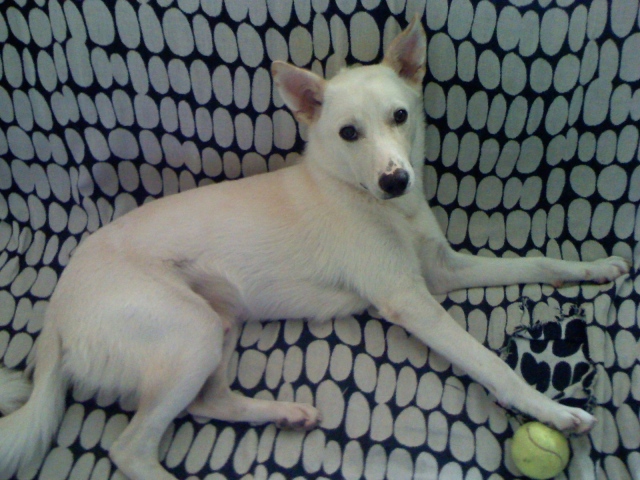 Dog walking problems
Question
Snickers
I have been trying to train my dog SN
Dog walking problems
Question
Snickers
I have been trying to train my dog SN
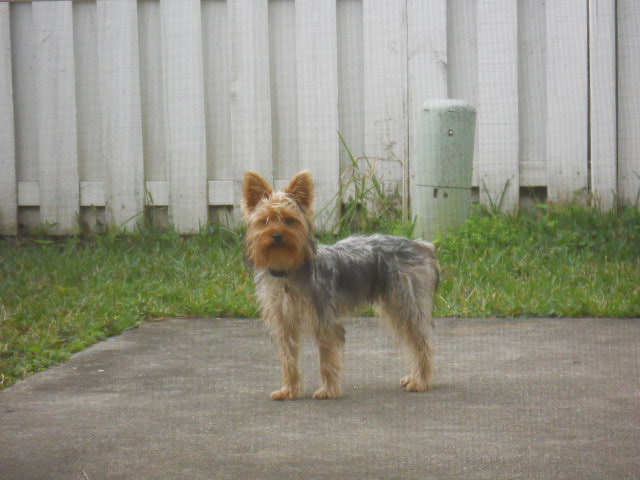 agressive silky terrier
Question
Lucas 1 year old
Hi Jennifer:
I have a
agressive silky terrier
Question
Lucas 1 year old
Hi Jennifer:
I have a
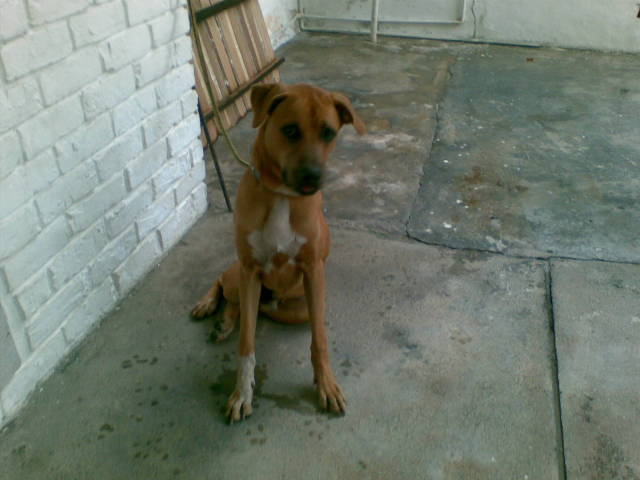 dogs behaviour
QuestionMy 8 months old Dusto
QUESTION: My puppy
dogs behaviour
QuestionMy 8 months old Dusto
QUESTION: My puppy